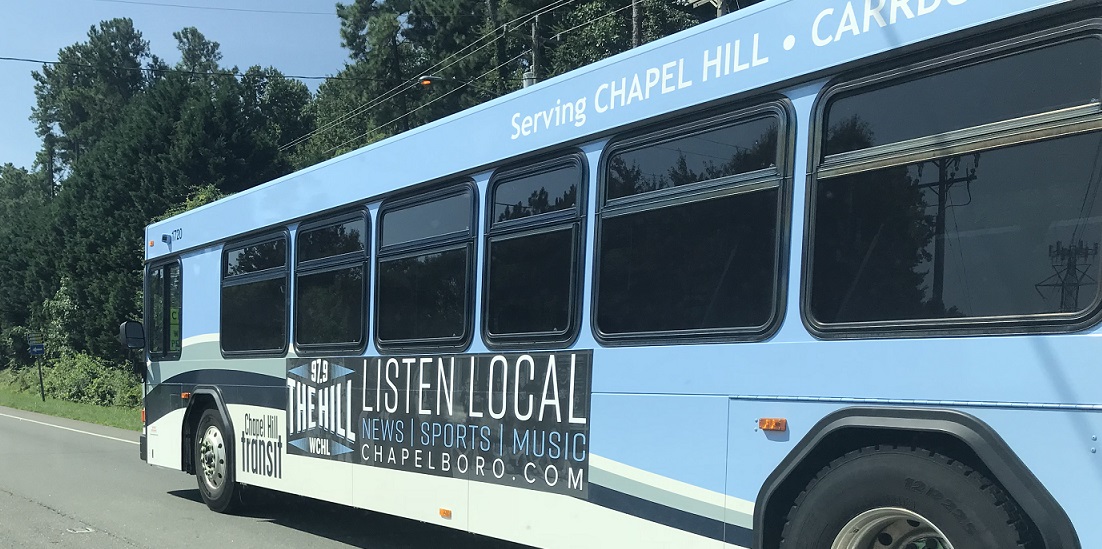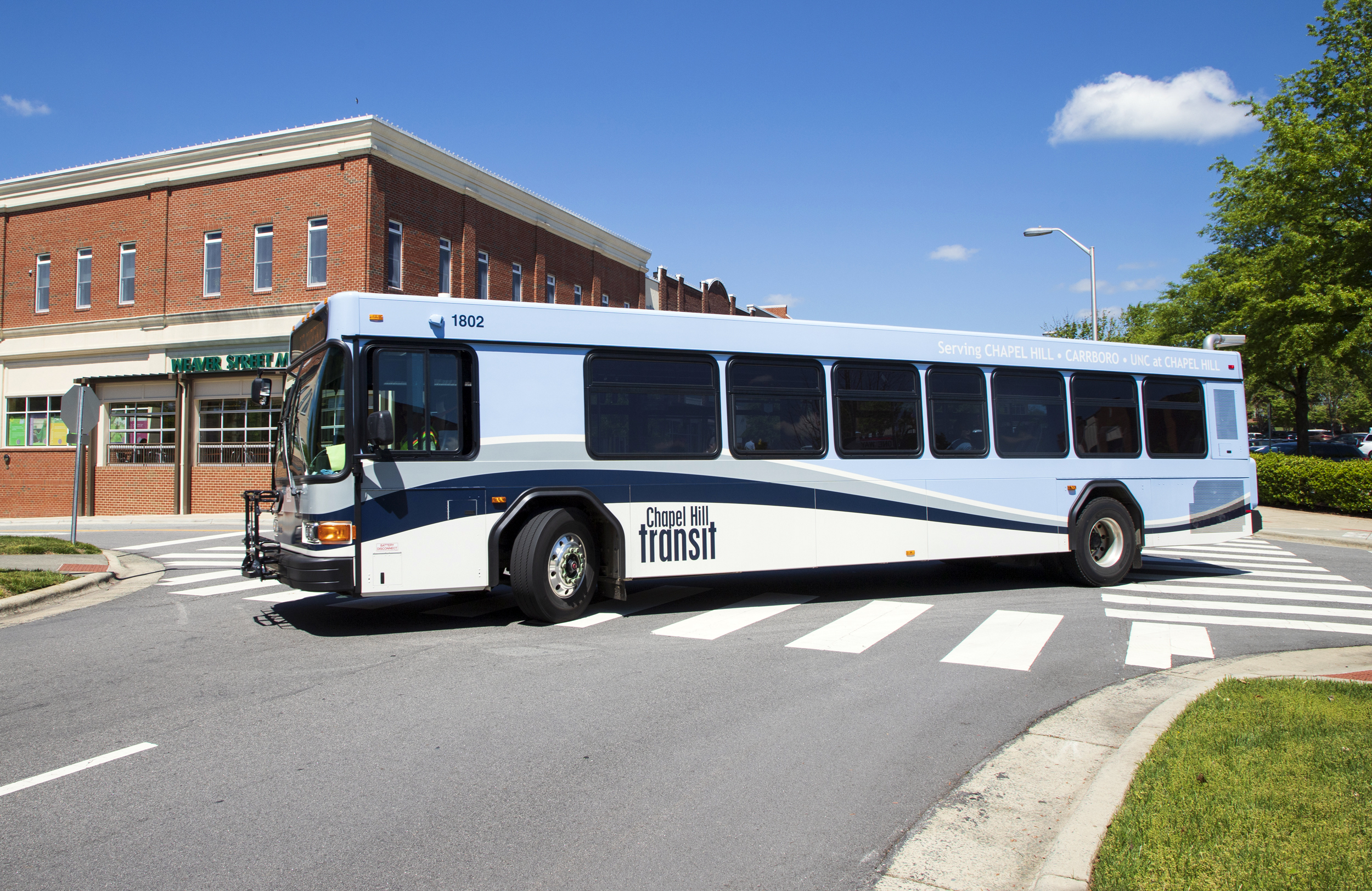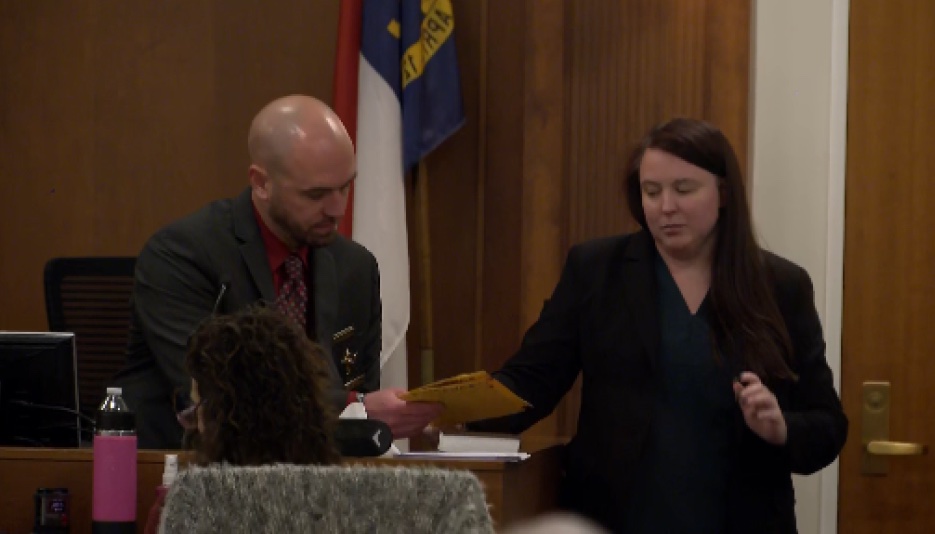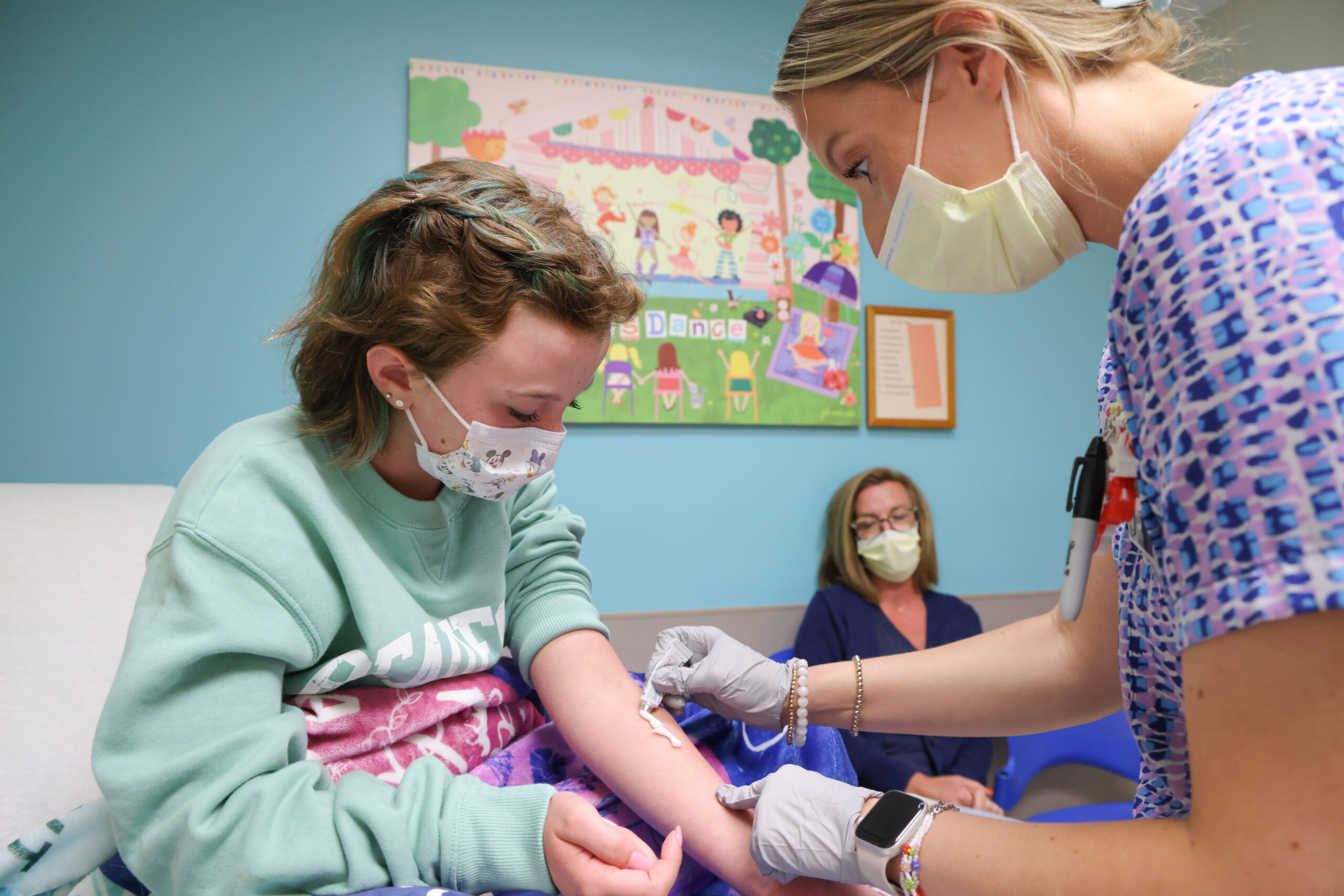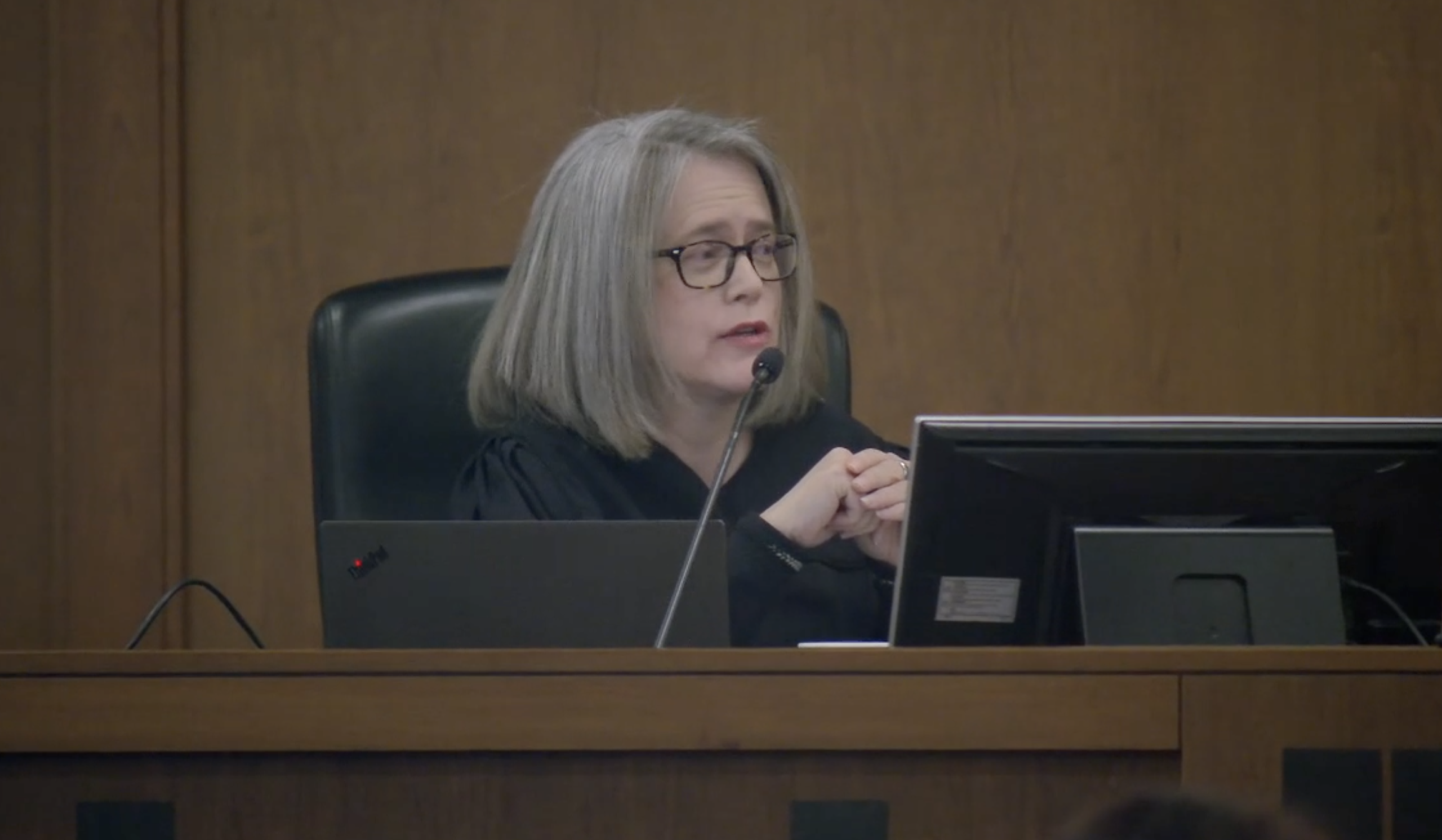A group of elected officials and town staff from Orange, Durham and Wake counties recently took a trip to several towns in Virginia to take a look at their bus rapid transit, or BRT, systems.
The trip was organized by the Regional Transportation Alliance and The Chamber for a Greater Chapel Hill-Carrboro and took 70 interested parties from Durham to Richmond, Arlington and Alexandria.
Carrboro Mayor Lydia Lavelle says now that both Chapel Hill and Carrboro are focused on the proposed Chapel Hill North South BRT project, the refresher on the topic was helpful.
“It was really kind of nice to see one that was in action and see it working in that location,” says Lavelle.
The group’s first stop was in Richmond, which recently saw the completion of the Pulse, its new BRT line.
Lavelle says Richmond’s BRT line does not exclusively have a dedicated lane, which will differ from Orange County’s proposed line.
“The biggest thing they have going for their BRT is that they really increased their headways from what it had been before, meaning that you could hop on a bus every six, seven minutes or something,” says Lavelle.
The group also encountered difficulties with the Pulse’s ticketing system, which Lavelle believes Orange County can also learn from.
Lavelle says Arlington’s BRT line looked much closer to how Orange County’s proposed line will turn out.
“It had a lot of dedicated lanes; it was very efficiently run. Some of the lanes had lights above them that noted times of day when it would become BRT and when it wasn’t BRT.”
The proposed BRT project has an estimated total cost of $140 million, most of which could potentially come from federal funding.
The earliest Orange County’s BRT could be operational is 2023.
A series of community meetings are scheduled to be held Friday, Saturday and Sunday before the Town Council receives an updated report at a meeting Monday evening. More information on those community meetings is available here.

